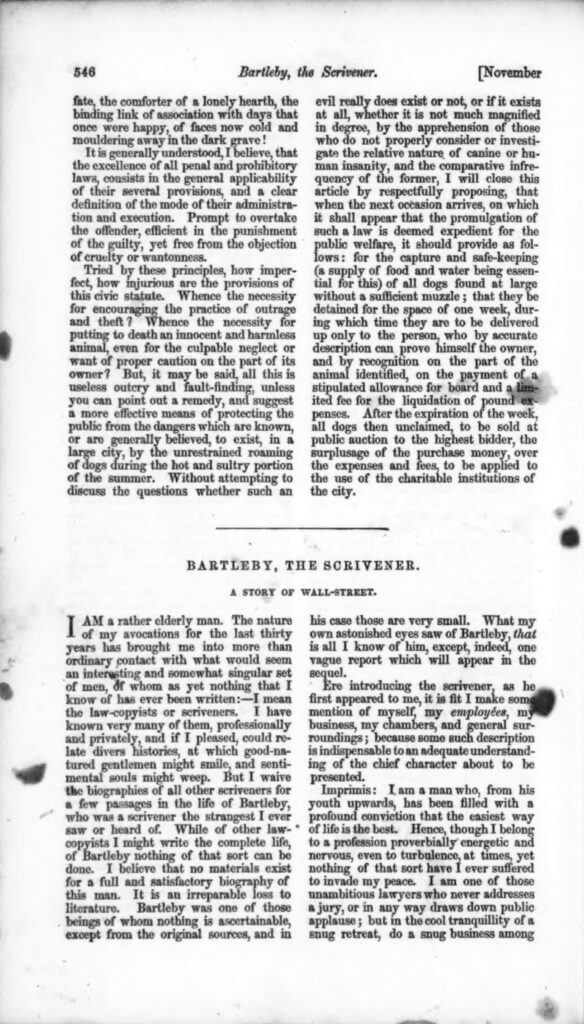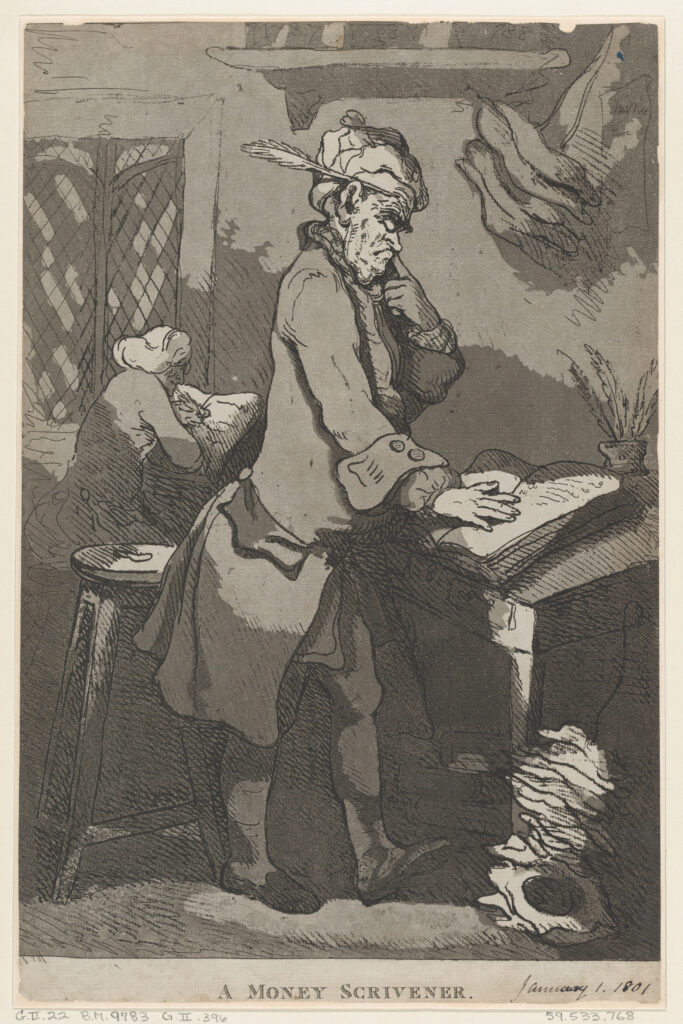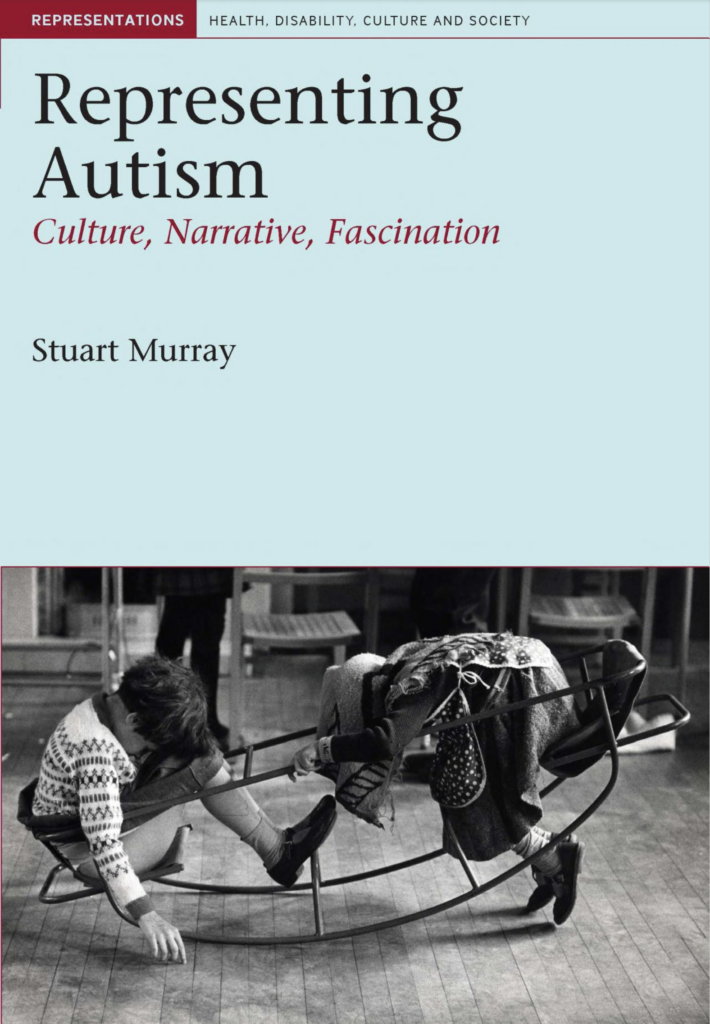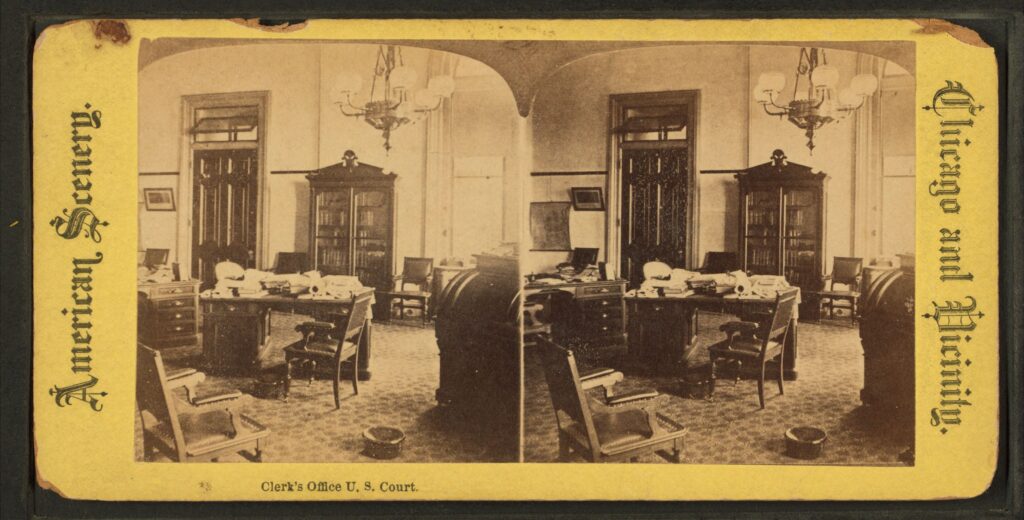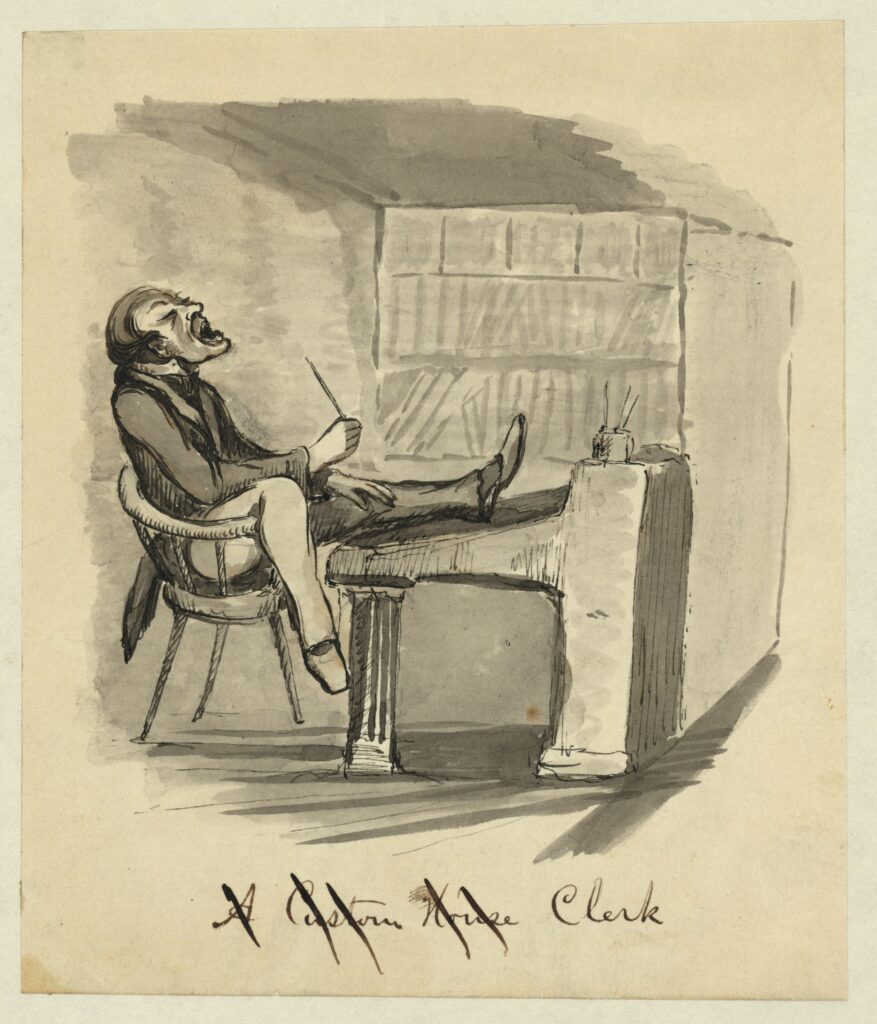Bartleby’s Insights on Complex Embodiment for a Post-Pandemic World
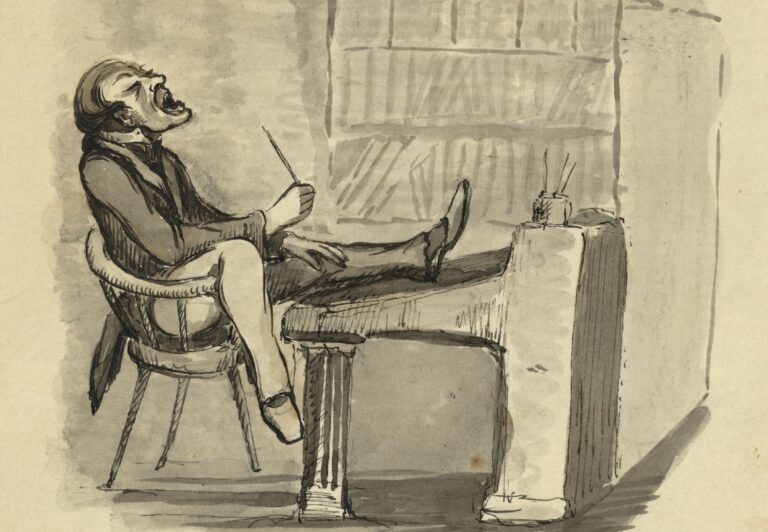
Twice in my teaching career, I’ve encountered Herman Melville at the intersection of past and present. When I was an adjunct instructor of English at Pace University’s downtown Manhattan campus, I taught “Bartleby, the Scrivener: A Story of Wall-Street” (1853) in the wake of the “Occupy Wall Street” movement. Because I taught the class in fall 2013, two years after the first protesters gathered in Zuccotti Park, I expected Melville’s story of Wall Street to resonate with students pursuing an expensive education in the financial center of a city still riven by income inequality. I did not expect the story to seem as urgent when I taught it again at Brigham Young University in Utah in 2020. But several months into a course on writing literary criticism in which I used “Bartleby” as the primary text, the COVID-19 pandemic forced the class online. And once again, the story of a “pallidly neat, pitiably respectable, incurably forlorn” scrivener mapped uncannily onto the moment in which I was teaching it. From the bedrooms and living rooms my students converted into makeshift offices in which to conduct remote work, Melville’s “motionless young man” had something to say about our crisis (9). When domestic and corporate spaces collapse into one another, what form of humanity can one extricate from the mess?
